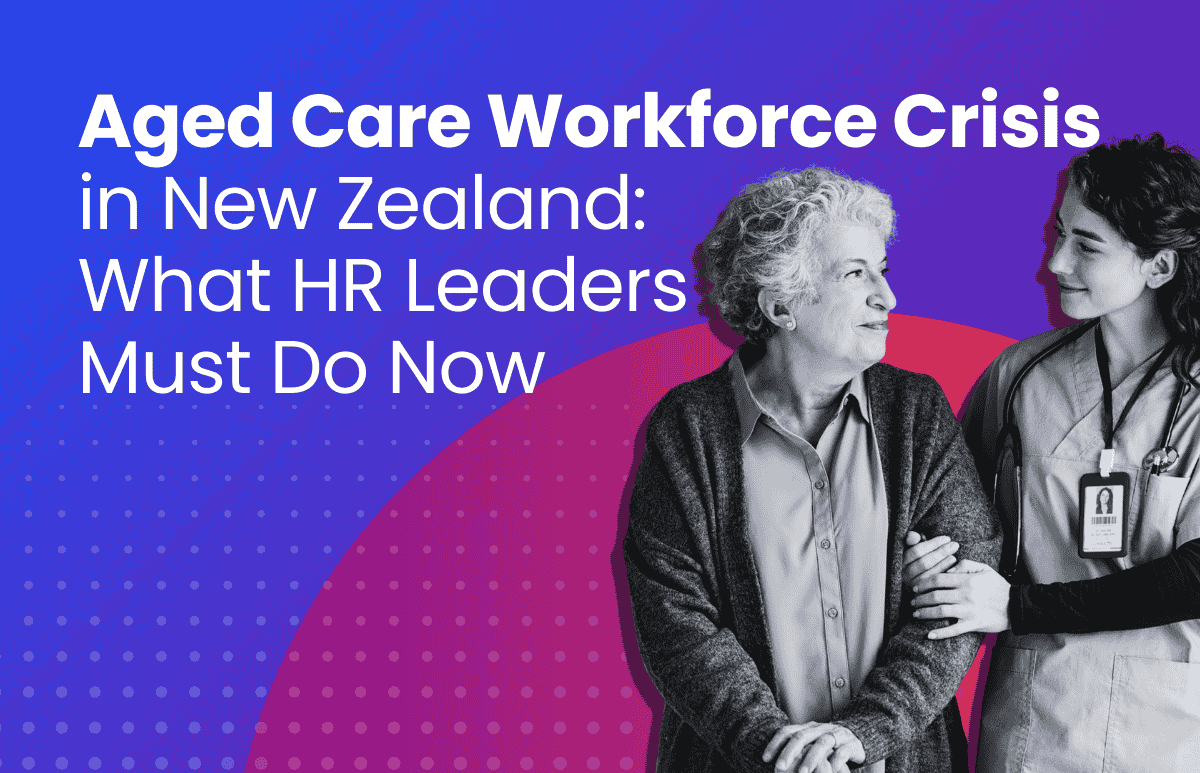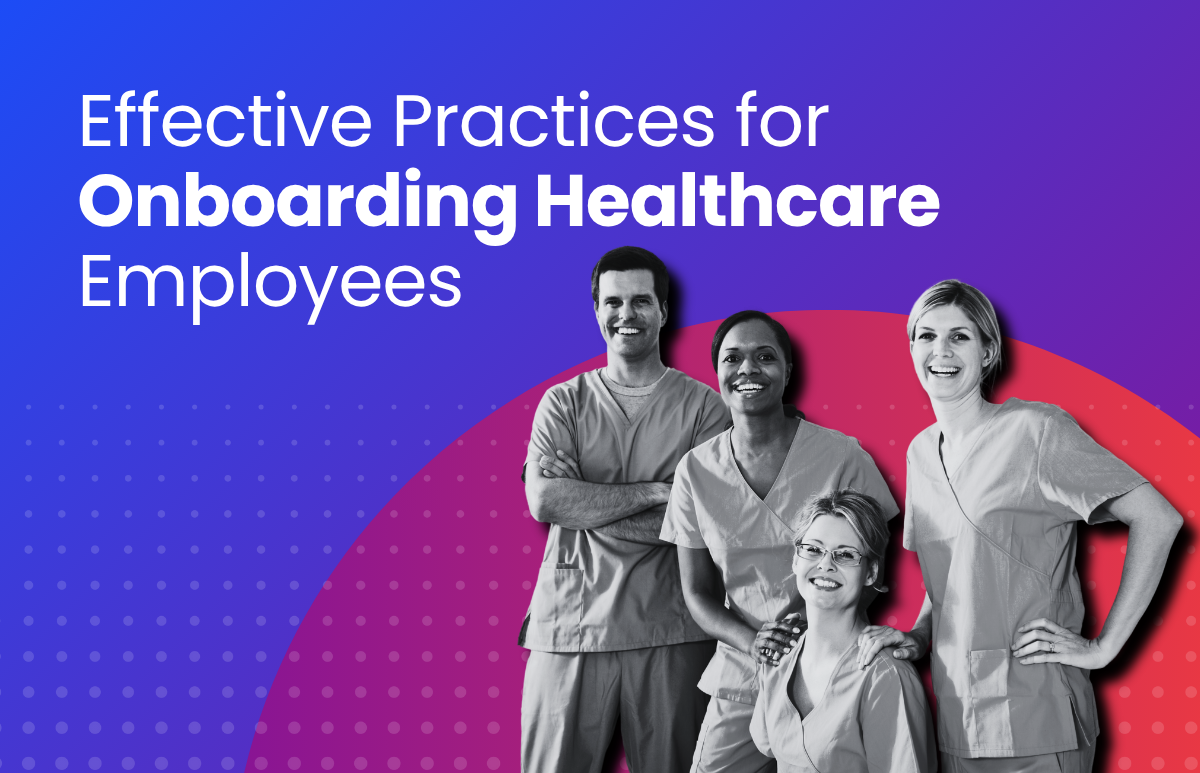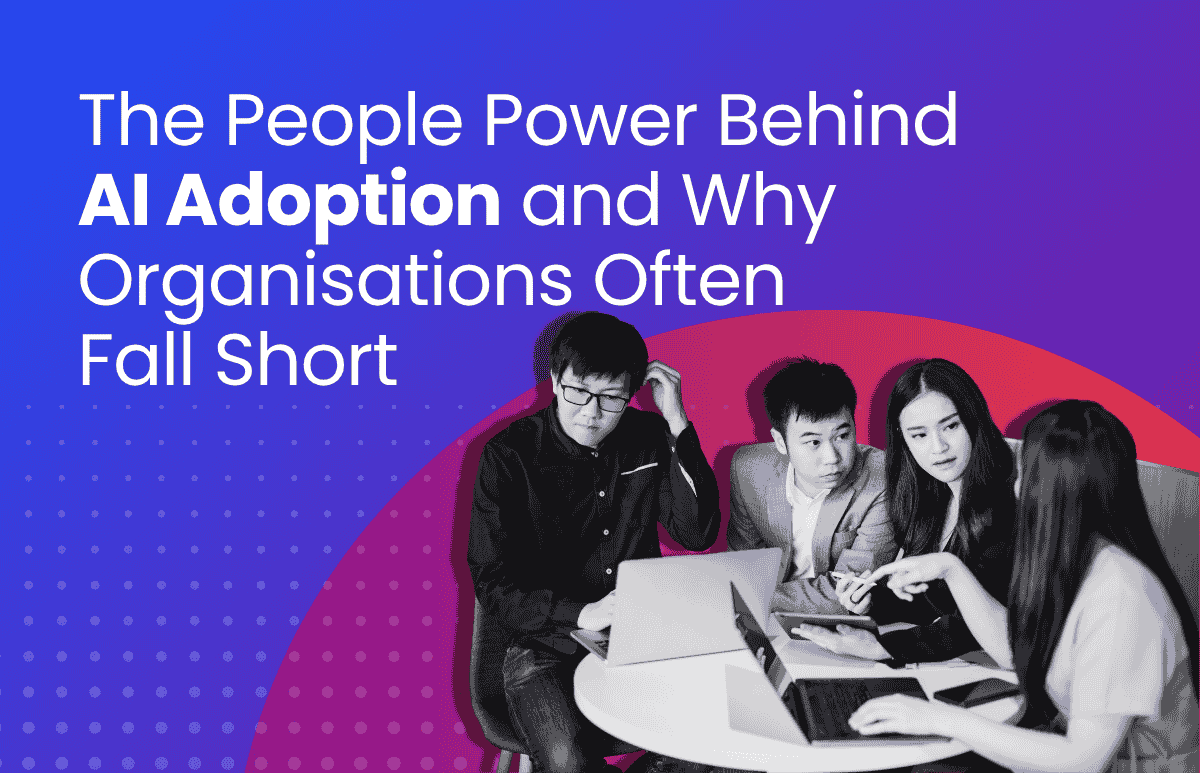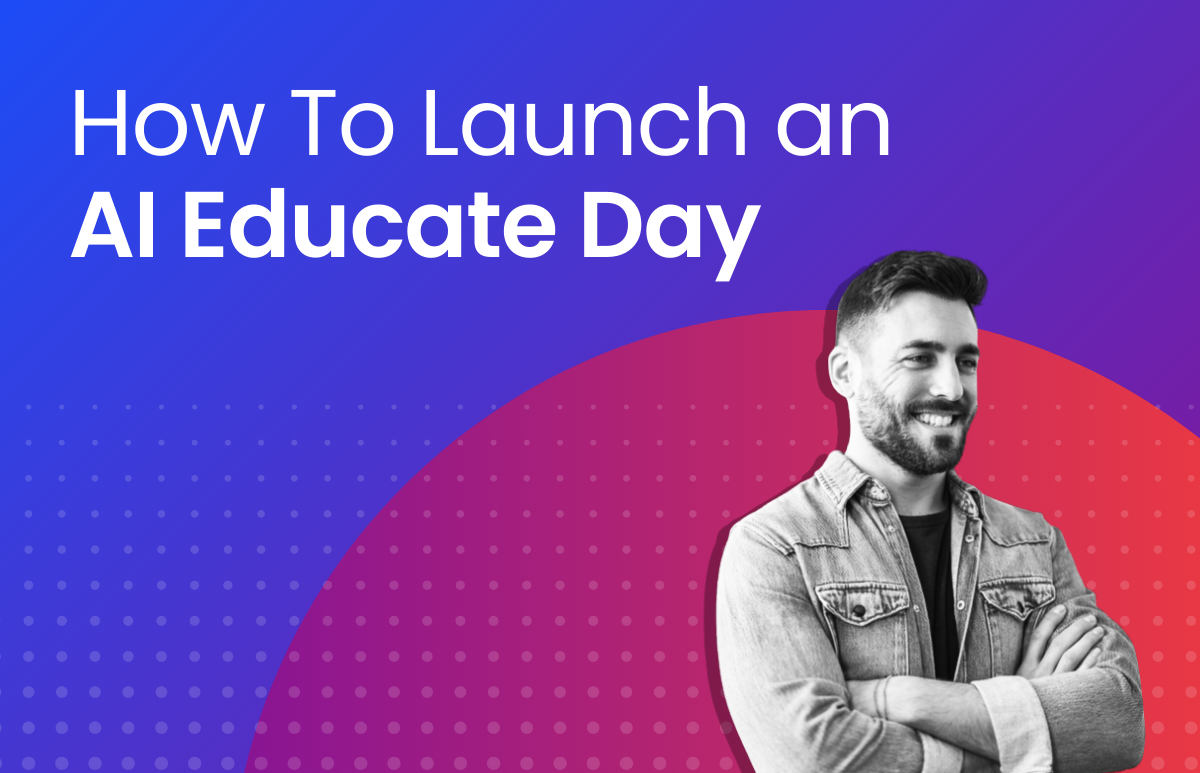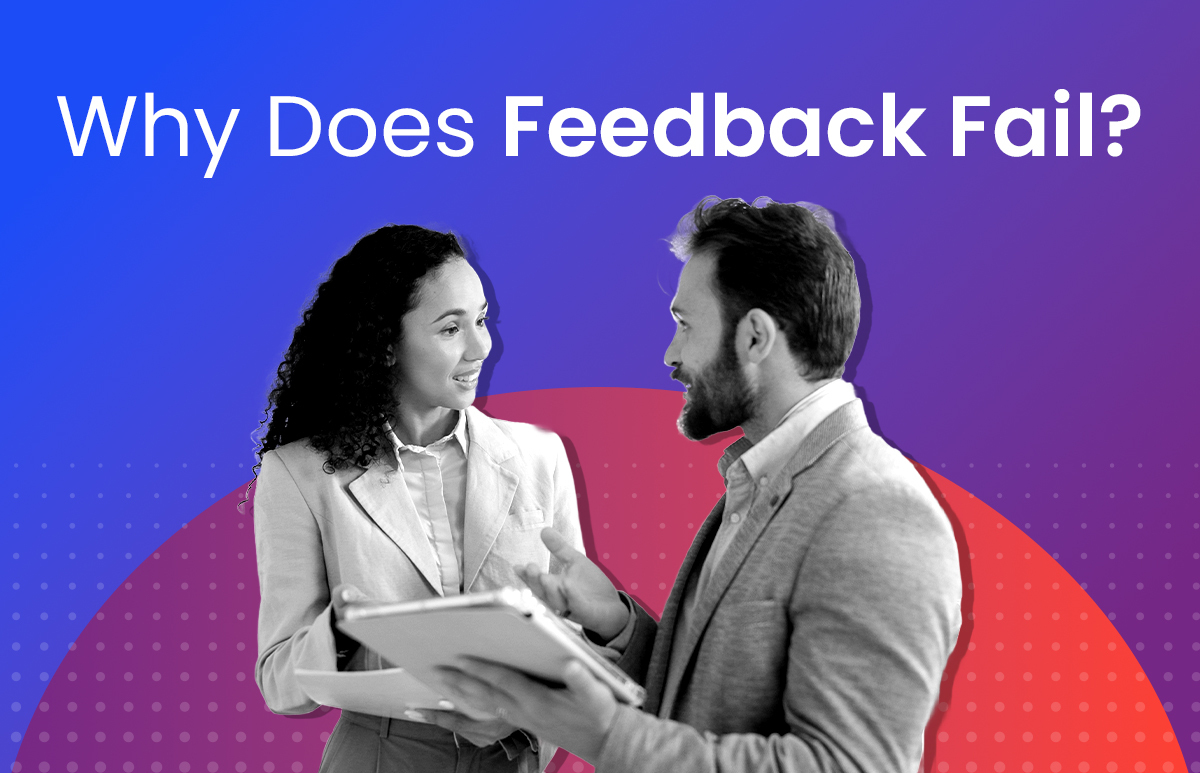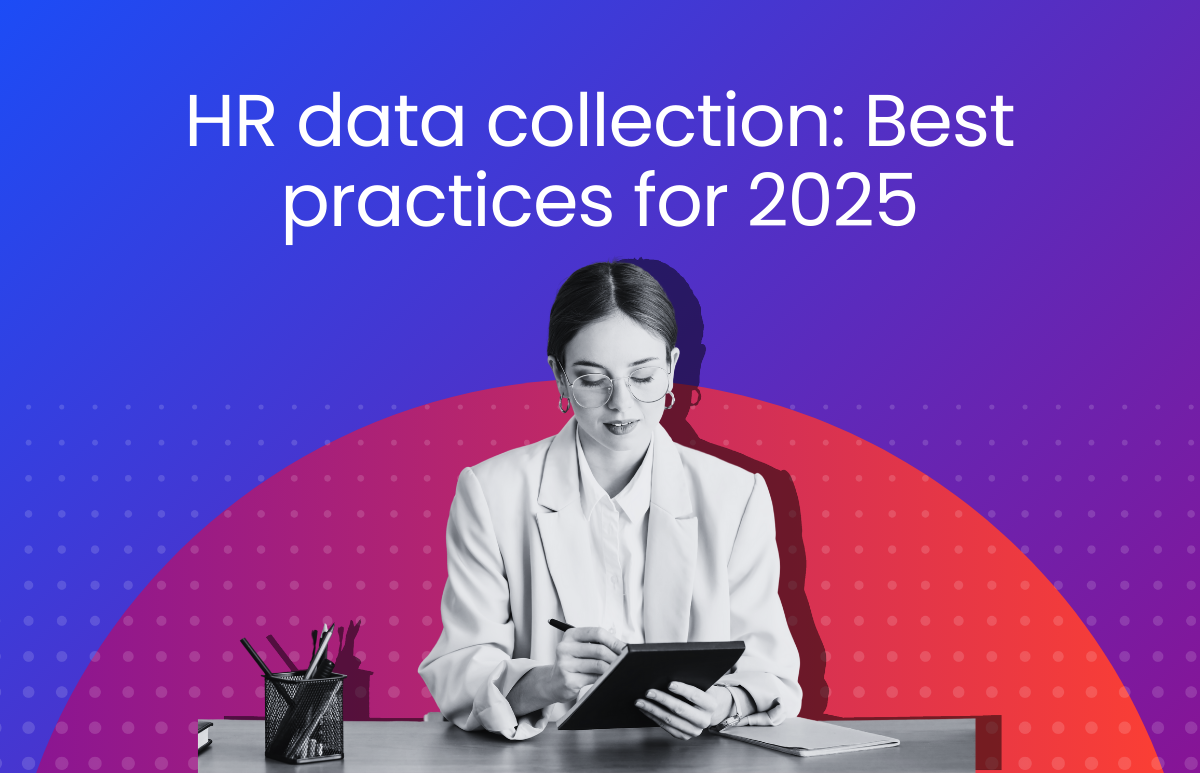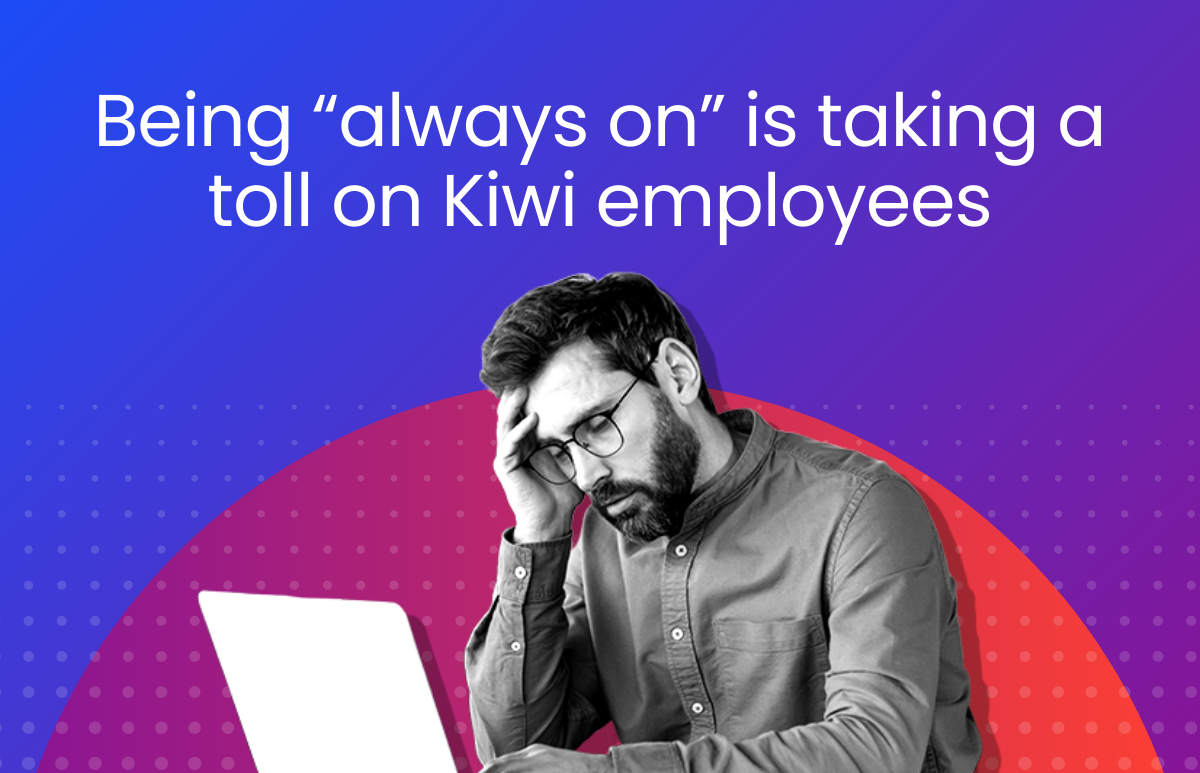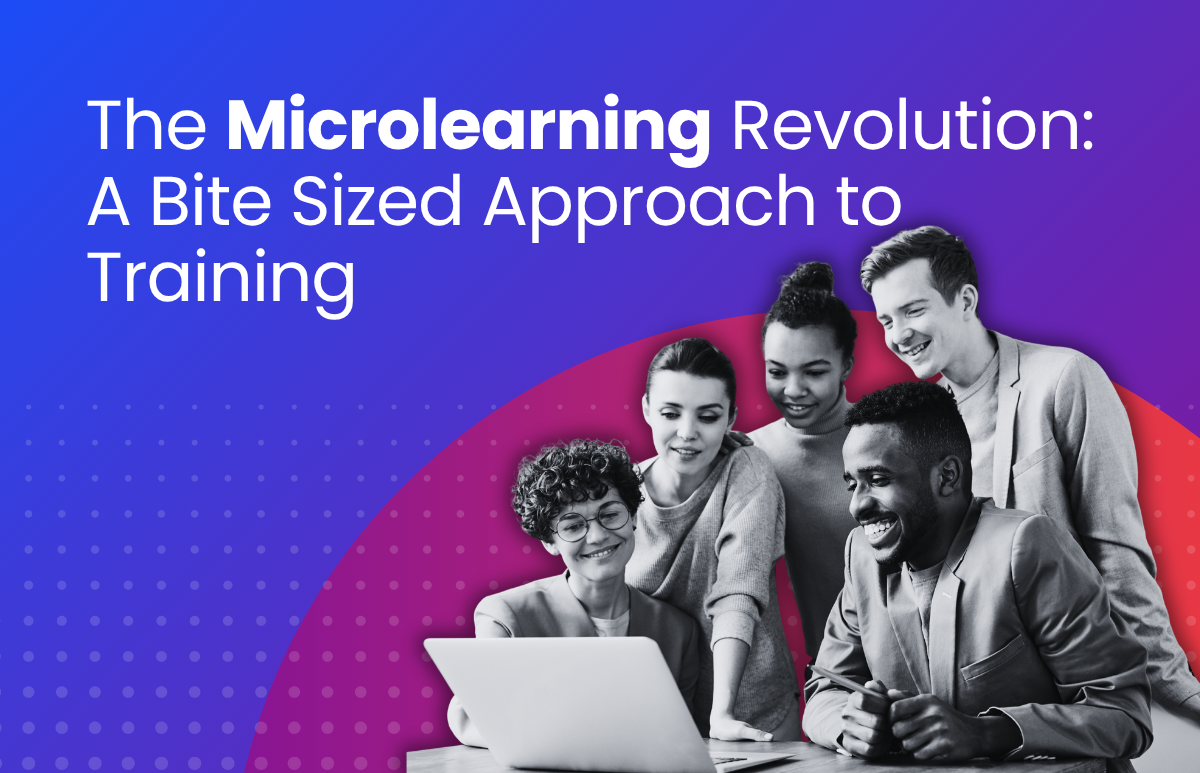Why It’s Time to Personalise the Employee Experience

The employee experience is a phrase that will continue to dominate HR leaders’ minds as we enter 2023. With a fiercely competitive jobs market, employers have been forced to look closely at each employee’s experience with the organisation.
In today’s data-driven world, the appetite for personalised experiences is continuing to dominate consumer trends. From curated shopping suggestions online to highly targeted adverts, the leading retailers know that personalisation has a significant impact on how a consumer interacts with their brand. In fact, according to research by McKinsey, 71% of consumers expect companies to deliver personalised interactions.
A similar trend can be applied to HR. Before the period of digitisation seen over the past 10 years, most organisations took a one-size-fits-all approach to HR. The job of HR professionals involved a lot of paper-based processes and repetitive, manual tasks, meaning organisations simply didn’t have the capacity to tailor their employee experience.
Luckily, the expectations from employees were more rudimentary too. HR was seen as a largely functional department that was there to keep the wheels turning rather than impact the employee experience. Now, that expectation has changed dramatically – especially among younger employees.
As identified in ELMO’s 2023 HR Trends eBook, designing processes that cater to a multi-generational workforce will be a top priority for HR professionals this year. As digital natives, Gen Z employees have only ever known a highly-connected, tech-enabled world. Their expectation for tailored experiences is therefore going to be much higher than other cohorts in the workforce.
Why does a personalised employee experience matter?
Adding personalisation to elements of the employee lifecycle is a great way to make staff feel valued as individuals and increase their engagement. If an organisation takes a blanket approach, employees are more likely to switch off and disengage from whatever it is they’re being asked to do.
From the onboarding process, through to performance reviews and learning & development, there are many opportunities to personalise the experience, resulting in higher employee engagement and ultimately, a better outcome for the business.
Benefits of a personalised employee experience include:
- Higher levels of engagement with the process
- Less time spent chasing employees or managers to complete tasks
- Better employee experience and impression of the company
- Greater chances of employees retaining the information provided
And thanks to the advances in HR technology, it’s now easier than ever to accomplish. Using automation through a solution such as an HR Information System (HRIS) helps by reducing the manual processes and making it easy to build tailored experiences.
How to personalise the onboarding process
Tailoring the onboarding process is a perfect example of how personalisation can positively impact the employee experience. Simply having one onboarding process for all new starters doesn’t taken into consideration the employee’s role, how much training is required, where they prefer to work from, how they like to learn.
Instead, consider tailoring the workflow. For example, if you have fully remote employees within the organisation it’s certainly worth building out two separate journeys. A new starter who is working remotely will require more opportunities to socialise with their colleagues virtually compared to those who are able to meet their new team mates face-to-face. It’s on the organisation to ensure remote employees feel just as valued and integral to the team as anyone working in the office.
The other consideration for personalised onboarding is the new hire’s role. It’s likely that some jobs within your organisation require more specialist knowledge and therefore a longer period of learning before the new employee reaches full productivity. HR professionals should work together with the hiring manager to tailor an onboarding process that best suits the role, making sure the employee feels well-prepared as they reach full productivity and begin taking on the responsibilities they’ve been hired for.
ELMO Onboarding helps users to easily build great pre-boarding & employee onboarding workflows that eliminate paperwork, while improving the employee experience and productivity from day one. What’s more, ELMO Onboarding fully integrates with ELMO Recruitment, seamlessly transferring the data from candidates to new employees.
Without that preparation and support, a poorly-designed onboarding process can quickly damage the new employee’s engagement and make them reconsider whether the role or the organisation is right for them. In a competitive jobs market, it’s extremely important to make every new hire count.
ELMO’s 2022 HR Industry Benchmark Report found hiring a new employee costs $24,500 on average in Australia and New Zealand. The same report found that of all new hires, 14% are leaving within their first year of employment.
As a result, a vast amount of money is being wasted through poor HR processes, whether at the recruitment stage or later down the line. But HR professionals can help turn the tide by designing well-thought out and personalised experiences that set their organisation’s new hires up for success.
Click here to read more about the benefits of using ELMO Onboarding and how ELMO’s integrated suite of HR solutions can help your organisation save money, time and resources.
ELMO Software is a cloud-based solution that helps thousands of organisations across Australia, New Zealand and the United Kingdom to effectively manage their people, process and pay. ELMO solutions span the entire employee lifecycle from ‘hire to retire’. They can be used together or stand-alone, and are configurable according to an organisation’s unique processes and workflows. Automate and streamline your operations to reduce costs, increase efficiency and bolster productivity. For further information, contact us.
 HR Core
HR Core 